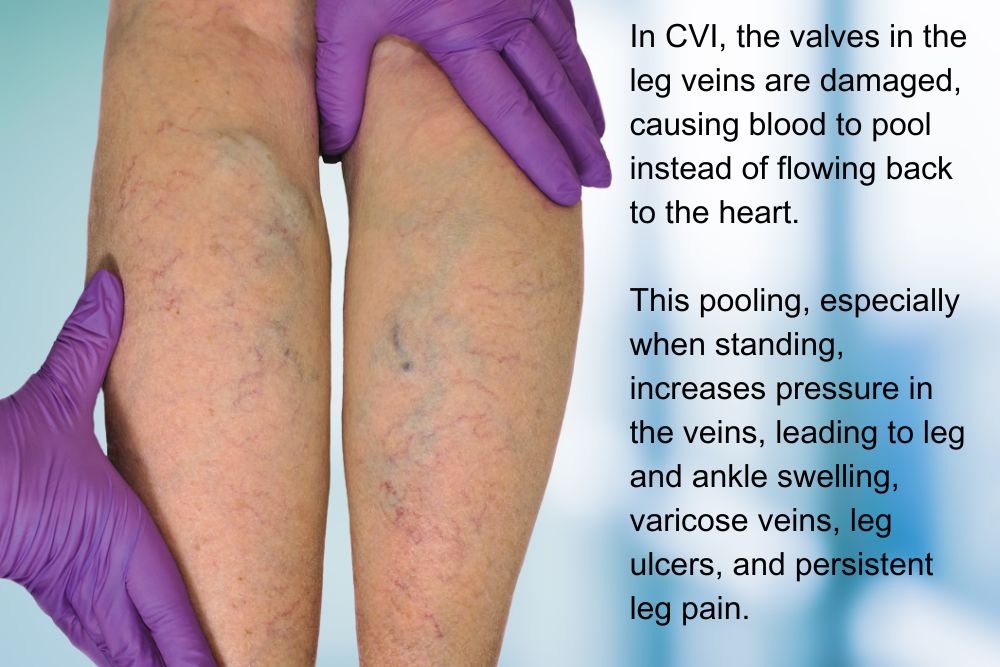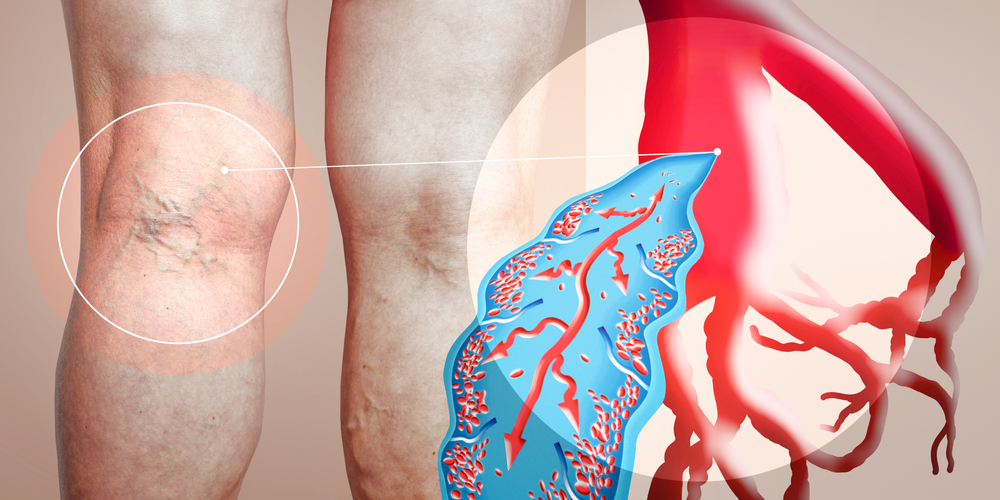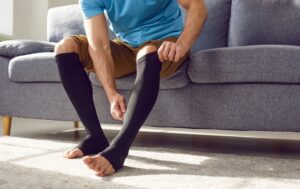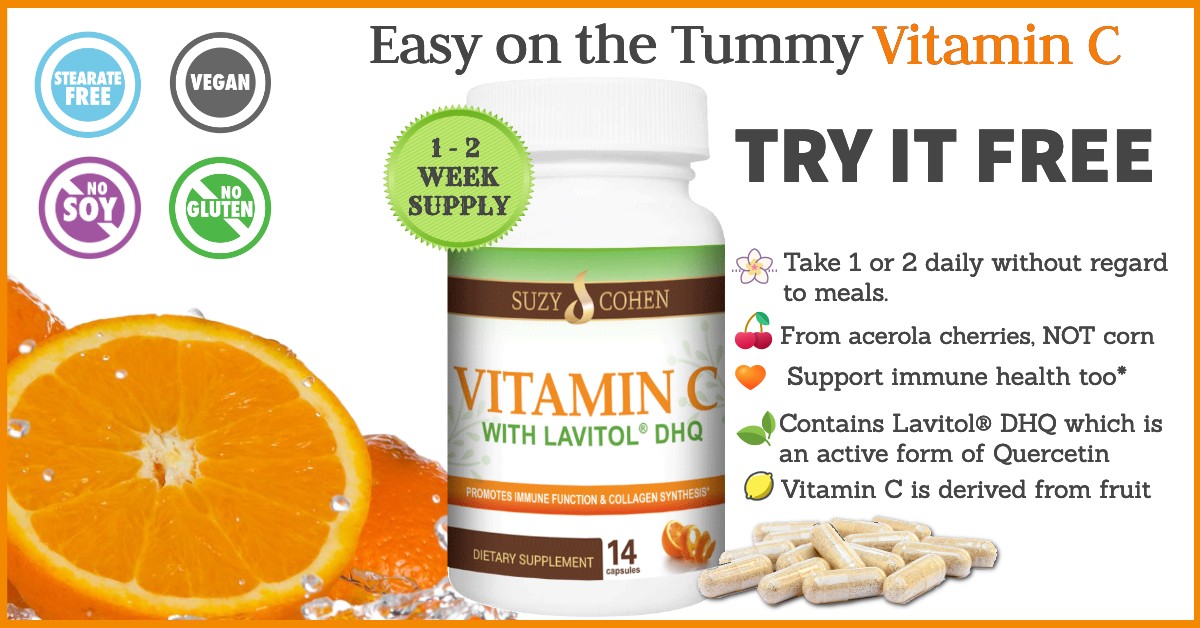What's On This Page?
ToggleOver 40 million people in the United States experience symptoms of chronic venous insufficiency (CVI) and lymphedema. In case you’re not 100% sure what that is, it has to do with leg pain and varicose veins. Have you ever noticed swelling in your legs at the end of a long day, or maybe even some unsightly varicose veins?
It’s a staggering number, indeed. Many individuals quietly endure leg swelling, skin changes, and discomfort, often without realizing that these are tell-tale signs of CVI or lymphedema. These conditions can significantly affect your quality of life, but the good news is, effective home management and self-care can greatly alleviate symptoms and improve daily comfort.
Understanding Chronic Venous Insufficiency and Lymphedema
CVI occurs when the veins in your legs cannot efficiently return blood to your heart, causing blood to pool and leading to swelling, pain, and varicose veins. Lymphedema, on the other hand, involves the buildup of lymph fluid in tissues due to a compromised lymphatic system, leading to swelling primarily in the arms or legs.
Both conditions are chronic and I will share some management strategies which are listed further down below. But right now, let’s look at some affordable nutrients that can assist with the problem.
Vitamins and Minerals
certain vitamins and minerals have been studied for their potential benefits in managing symptoms associated with chronic venous insufficiency and lymphedema. Here are some notable ones:
- Vitamin C: Known for its role in collagen production and tissue repair, Vitamin C may help strengthen the walls of veins and capillaries. It also has anti-inflammatory properties that can be beneficial for reducing swelling. You might be interested in my other article, Can Vitamin C Replace Statins? 3 Potential Benefits For Cardiovascular Health.
- Vitamin E: This vitamin is often recommended for its circulatory benefits. It may help improve blood flow and has anti-inflammatory effects, which can be helpful in managing chronic venous insufficiency and lymphedema symptoms. Vitamin E is often misunderstood, and there are a dizzying array of supplement brands out there. Before you buy it, read, The Truth About Natural Vitamin E (As Opposed To Other Kinds).

- Flavonoids: These are not vitamins or minerals per se but are important dietary compounds found in many fruits and vegetables. Flavonoids like diosmin and hesperidin, often used in supplements for vein health, can improve vein elasticity and reduce inflammation. One of the strongest flavonoid supplements we have today is quercetin, but is DHQ even better? Decide for yourself after READING THIS.
- Magnesium: This mineral helps maintain normal muscle and nerve function, and it’s also important for heart health as well as relieving chronic venous insufficiency. Magnesium can aid in regulating muscle tone in the vascular walls, potentially improving blood flow.Are you looking for a brand that won’t cause diarrhea or tummy upset? Consider mine – it is wonderful just read the reviews. Learn more
HERE. Did you know that magnesium (and CoQ10) improve LEG CRAMPS?
- Zinc: Essential for maintaining the integrity of skin and mucosal membranes, zinc can help promote wound healing, which is beneficial for skin affected by lymphedema. If chronic venous insufficiency isn’t a good enough reason, here are 6 Critical Reasons You Need Zinc.
- Selenium: This trace mineral has antioxidant properties that can help reduce oxidative stress, which is known to contribute to vascular damage. I’ve written extensively on selenium which should get more consumer attention, but it doesn’t for some reason.
Anyway, use my search box above to look up more articles on selenium (or any topic!). You’ll be interested to know it is useful for controlling antibody expression in Hashimoto’s and other autoimmune disorders. Here’s an article, where selenium gets honorable mention. Maybe it interests you: How To Take Your Thyroid Medication – 5 Important Do’s And Dont’s.
It’s important to discuss any supplementation with your healthcare provider, especially because some supplements can interact with medications commonly prescribed for chronic venous insufficiency and lymphedema. They can guide you on appropriate dosages and forms that would be best suited to your individual health needs.

Medications and Herbal Alternatives for Chronic Venous Insufficiency
While lifestyle adjustments are key, medications and natural remedies also play significant roles:
Medications:
- Diuretics: Used cautiously to reduce fluid buildup, diuretics can deplete essential nutrients such as potassium, magnesium, and sometimes B vitamins. For more on nutrient depletions caused by medications, read my other article, Replenishing 7 Depleted Nutrients From Blood Pressure Medications.
- Venoactive drugs: Such as diosmin and hesperidin, improve vein tone and reduce inflammation.
- Antibiotics: Necessary if lymphedema leads to skin infections. Read 7 Natural Alternatives to Antibiotics.
Herbal Alternatives
- Horse chestnut extract: Reduces leg pain and swelling.
- Butcher’s broom: Known for its anti-inflammatory properties.
- Gotu kola: Supports vein health and improves circulation. I put gotu kola in my supplement Memory Script® because it has benefits for cognition and blood flow.*
- Grapeseed extract: Protects vein walls and improves circulation.
Other Managment Strategies for CVI and Lymphedema
1. Compression Therapy: Your First Line of Defense
Compression stockings are crucial for managing both chronic venous insufficiency and lymphedema. They help maintain blood flow, reduce discomfort and swelling, and prevent further vein damage by supporting the vein walls. It’s essential to choose the right compression level with the advice of a healthcare provider.

2. Exercise: Keep Moving!
Regular, low-impact exercises can significantly improve circulation and reduce symptoms:
- Walking: Aim for 30 minutes a day to help blood circulation.
- Leg lifts and ankle pumps: These exercises strengthen leg muscles and promote blood flow.
- Swimming: Offers excellent circulation benefits without straining joints.
3. Elevate Your Legs: Work with Gravity
Elevating your legs above your heart several times a day can dramatically help reduce swelling and improve blood return to the heart.
4. Maintain a Healthy Weight and Diet
Excess weight increases pressure on your veins and lymphatic system. A balanced diet helps manage this pressure and supports vascular health:
- Stay hydrated and limit salt intake to reduce water retention if you have chronic venous insufficiency.
- Increase fiber to reduce constipation, which can pressure leg veins.
- Eat antioxidant-rich foods to protect your veins.
5. Skin Care: Keep Your Skin Healthy
Proper skincare prevents complications:
- Use mild soap and keep your skin moisturized.
- Regularly inspect your skin for signs of infection.
- Choose loose, comfortable clothing.
6. Lifestyle Adjustments: Impactful Changes
Avoid prolonged periods of standing or sitting if you have chronic venous insufficiency. If you have to set a timer to get up and walk around. Also, try not to cross your legs for more than a few minutes. Free radicals play a role in spawning DNA damage so if you smoke, consider minimizing this, or just quitting in order to improve your circulation and overall health. I’m not saying smoking (or drinking) causes chronic venous insufficiency, it’s more that it plays a contributory role in damaging the blood vessels.
Psychological Impact: Mental Health Matters
Chronic health problems are mentally taxing. The constant worry of what the next day will hold, or the next lab result, or doctor’s appointment. It’s hard to get out from under the chronic stress for not only the patient but also the caregiver. Consider ways to obtain balance in your life. It’s not that stress causes chronic venous insufficiency, it does not. But chronic stress taxes the immune system making infections more likely, and furthermore, it contributes to poor outcomes of any disease. Try to do enjoyable things that raise your energy. If it’s right for you, and you are a social person, consider joining support groups, or consulting with a counselor.
Conclusion
Managing chronic venous insufficiency and lymphedema is a lifelong commitment, but with the right strategies, you can live a healthier, more comfortable life. Always consult with your healthcare provider before starting any new treatments. With informed and consistent care, you can take meaningful steps every day toward managing your symptoms effectively.

Suzy Cohen, has been a licensed pharmacist for over 30 years and believes the best approach to chronic illness is a combination of natural medicine and conventional. She founded her own dietary supplement company specializing in custom-formulas, some of which have patents. With a special focus on functional medicine, thyroid health and drug nutrient depletion, Suzy is the author of several related books including Thyroid Healthy, Drug Muggers, Diabetes Without Drugs, and a nationally syndicated column.



